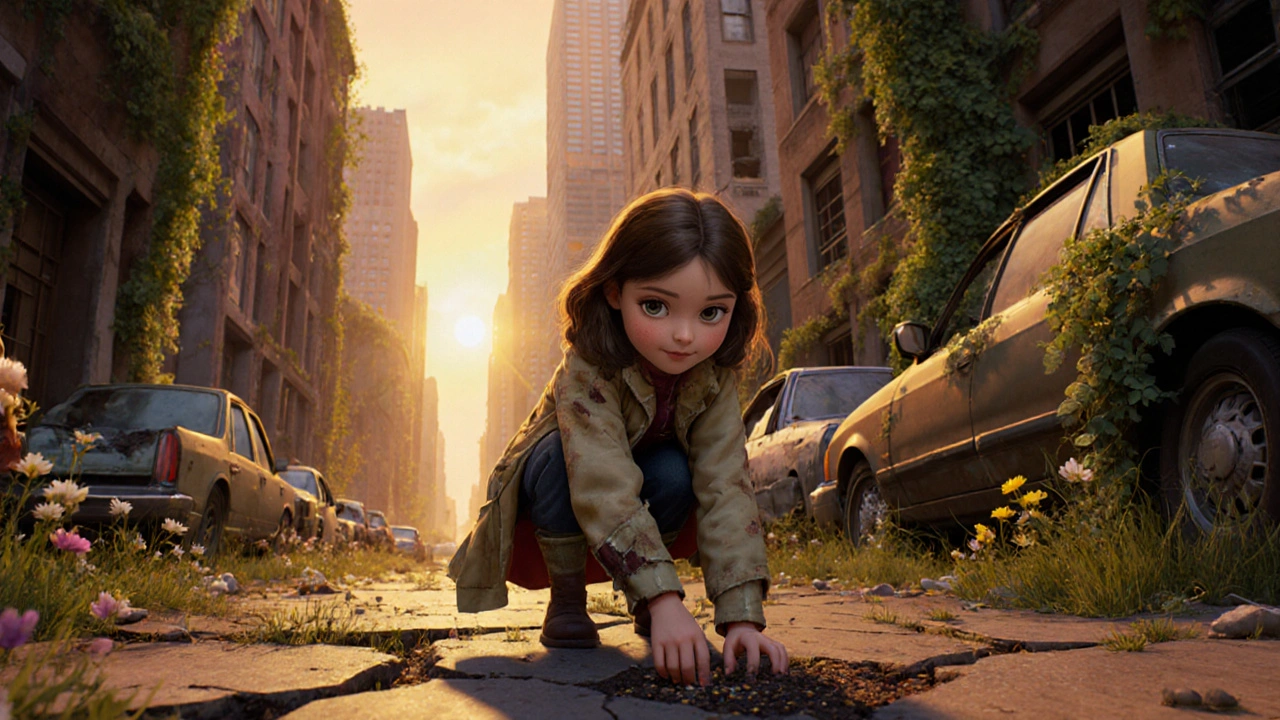The Walking Dead: TV Horror, Zombie Drama, and Post-Apocalyptic Storytelling
The Walking Dead, a groundbreaking television series that turned zombie fiction into a deep, character-driven drama about survival and moral decay. Also known as TWD, it became more than a horror show—it became a cultural mirror, asking what happens when society collapses and the only thing left is human nature. Unlike typical monster movies, it didn’t rely on jump scares or CGI zombies. It used silence, slow dread, and the weight of decisions to make you feel the rot in every frame.
The show’s success didn’t come from blood and guts alone. It was built on post-apocalyptic storytelling, a genre that strips away modern comforts to expose raw human behavior under pressure. Think of it like a lab experiment: remove laws, power grids, and phones, and watch how people adapt—or break. That’s exactly what The Walking Dead did, season after season. It borrowed from classic survival tales but added modern anxiety: the fear of losing your identity, your family, your mind. And it did it all with a cast of flawed, unforgettable characters who made choices you’d regret but understand.
Its influence reached far beyond AMC. Indie filmmakers took notes. The way it used natural light, handheld cameras, and real locations to build tension? That’s the same energy you’ll find in the low-budget horror and drama films screened at Scruffy City Film Fest. You’ll see echoes of its pacing in films that don’t need explosions to scare you—just a quiet hallway, a flickering flashlight, and someone holding their breath. The show also helped normalize long-form storytelling on TV, proving audiences would stick around for slow burns, not just cliffhangers.
And then there’s the zombie drama, a subgenre that blends supernatural horror with psychological realism, turning the undead into symbols of societal decay. In The Walking Dead, the walkers aren’t the real threat. It’s the people who stop being human to survive. That’s the core of the show—and it’s the same theme that shows up in indie films where the monster isn’t outside, it’s inside. You’ll find that same tension in the festival’s selections: stories where the end of the world isn’t marked by fire or flood, but by silence, betrayal, and the slow erosion of hope.
What you’ll find in this collection isn’t just reviews or recaps. It’s analysis of how The Walking Dead changed the language of horror on screen, how it inspired filmmakers to tell bigger stories with smaller budgets, and how its legacy lives on in the quiet, unsettling films that don’t get mainstream attention—but deserve it. These are the kinds of stories Scruffy City Film Fest exists to highlight: raw, real, and unafraid to ask hard questions.
From The Walking Dead to Fallout, explore how post-apocalyptic TV and film use collapse to reveal what truly matters: human connection, survival, and hope. Discover the best shows, why they work, and where the genre is headed.
View More

